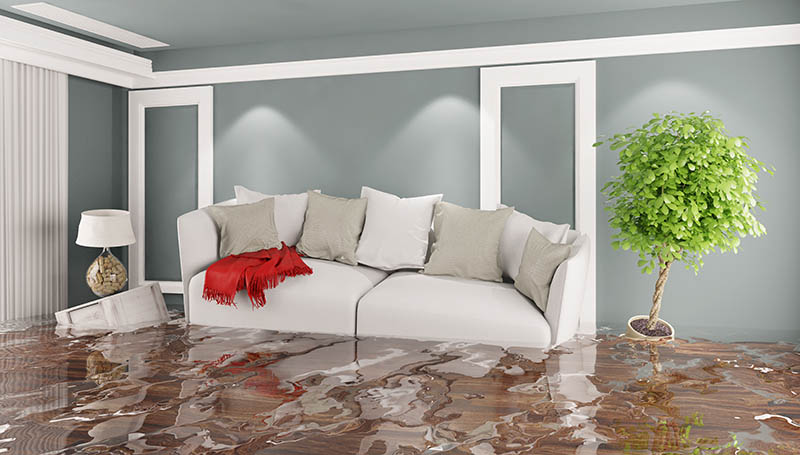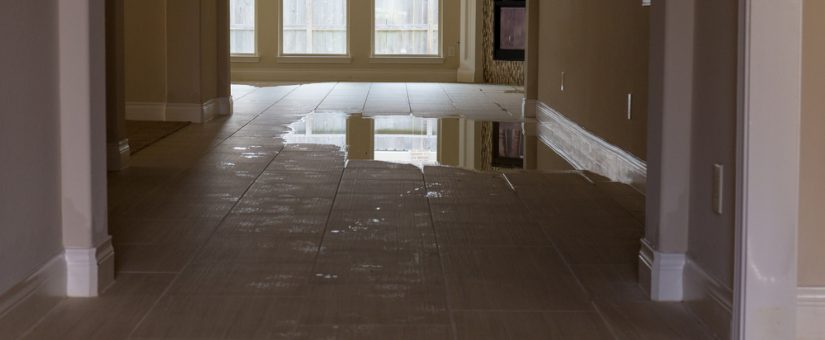Exploring the Top Factors for Leakage in The Home
Exploring the Top Factors for Leakage in The Home
Blog Article
The article author is making a few good points related to Common Water Leaks In House in general in this article followed below.

Leakages not only cause waste of water but can additionally trigger unnecessary damages to your home and also promote undesirable organic development. By comprehending and looking for day-to-day situations that create leaks, you can secure your residence from future leaks and also unneeded damage.
Elbowing in roots
A lot of water leakages begin outside the house instead of inside it. If you see an unexpected reduction in water stress, claim in your tap, take some time to go out as well as examine your yard. You could notice damp patches or sinkholes in your yard, which might suggest that tree roots are invading water lines creating water to permeate out. You can have your plumber look for breach, specifically if you have trees or hedges near your residential or commercial property.
Rusty water supply
This may be the reason of discoloration or bending on your water pipes. If our plumbing system is old, take into consideration changing the pipelines considering that they are at a higher risk of corrosion than the newer versions.
Malfunctioning Pipe Joints
The factor at which your pipes link is regularly the weakest link in the waterline. Pipe joints can wear away in time, causing water leakages. The majority of pipeline joints are not conveniently visible. If you have noisy pipes that make ticking or banging sounds, specifically when the warm water is activated, your pipeline joints are most likely under a great deal of pressure. It is suggested to have your plumber inspect your system yearly.
Immediate temperature level adjustments.
Severe temperature level modifications in our pipes can create them to broaden and get suddenly. This expansion and also contraction might cause fractures in the pipes, particularly if the temperature level are below freezing. If you maintained an eye on how your plumbing works, it would certainly be best. The presence of the previously pointed out circumstances often shows a high threat.
Poor Water Connectors
At times, a leakage can be created by loose hoses and also pipes that supply your devices. In case of a water connections leakage, you may discover water running straight from the supply line or pools around your appliances.
Blocked Drains
Obstructed drains pipes might be aggravating and inconveniencing, however they can often wind up creating an overflow leading to break pipes. Keep eliminating any materials that might decrease your drains that might obstruct them to prevent such hassles.
All the above are causes of leakages however not all water leaks result from plumbing leakages; some leaks might come from roof leaks. All leaks need to be repaired promptly to stay clear of water damages.
Leakages not only cause waste of water yet can likewise cause unneeded damage to your residence as well as advertise unwanted natural growth. By looking and comprehending for everyday circumstances that create leaks, you can shield your home from future leaks and also unnecessary damage. Today, we will certainly look at 6 leak triggers that might be causing your pipes to leak.
At times, a leakage can be created by loose hoses as well as pipes that provide your devices. In situation of a water links leakage, you might notice water running straight from the supply line or puddles around your devices.
How To Check For Water Leak In Your Home
How To Check for Leaks
The average household's leaks can account for nearly 10,000 gallons of water wasted every year and ten percent of homes have leaks that waste 90 gallons or more per day. Common types of leaks found in the home are worn toilet flappers, dripping faucets, and other leaking valves. These types of leaks are often easy to fix, requiring only a few tools and hardware that can pay for themselves in water savings. Fixing easily corrected household water leaks can save homeowners about 10 percent on their water bills.
To check for leaks in your home, you first need to determine whether you're wasting water and then identify the source of the leak. Here are some tips for finding leaks:
Take a look at your water usage during a colder month, such as January or February. If a family of four exceeds 12,000 gallons per month, there are serious leaks.
Check your water meter before and after a two-hour period when no water is being used. If the meter changes at all, you probably have a leak.
Identify toilet leaks by placing a drop of food coloring in the toilet tank. If any color shows up in the bowl after 10 minutes, you have a leak. (Be sure to flush immediately after the experiment to avoid staining the tank.)
Examine faucet gaskets and pipe fittings for any water on the outside of the pipe to check for surface leaks.
Undetected water leaks can happen without the home or business owner even realizing. If you suspect a water leak, but not able to find the source. It is time to contact a professional water leak detection service, The Leak Doctor.
How To Find a Water Leak In Your Home
https://www.leakdoctor.com/blog/How-To-Check-For-Water-Leak-In-Your-Home_AE197.html

I'm certainly very eager about How to Find Water Leaks and I hope you enjoyed the entire entry. You should take the time to distribute this post if you appreciated it. We recognize the value of reading our article about How Fast Water Damage Can Ruin Your Home.
Top-rated emergency plumbing? Connect today. Report this page